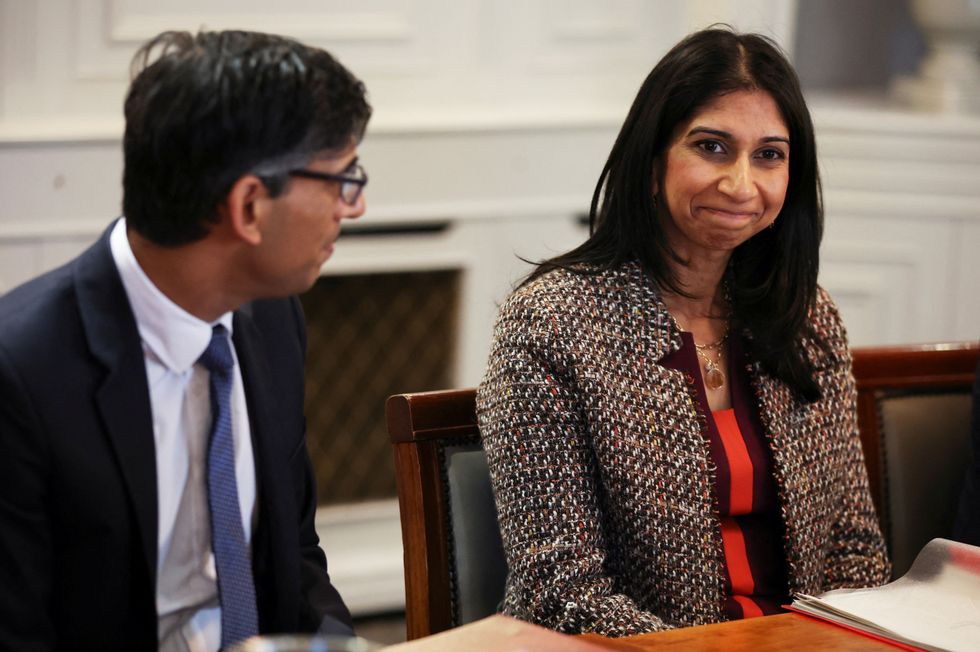FORMER home secretary Suella Braverman has said it is 'wrong, dangerous, and disempowering' to claim the British countryside is racist.
In an article for The Telegraph on Monday (12), Braverman added that white individuals should not be made to feel guilty for their race.
The former home secretary’s comments follow recent claims by wildlife charities, including the National Trust and RSPCA, suggesting that the countryside is unwelcoming to ethnic minorities due to its predominantly white demographic (see story on page 15).
The Wildlife and Countryside Link, an umbrella group representing various charities, asserted in a report submitted to parliament that green spaces in the UK are often seen as "dominated by white people," which can discourage ethnic minorities from utilising them.
Braverman disagreed, saying, "We need to stop making white people feel guilty for being white."
She said judging individuals based on their skin colour, rather than their character, is "wholly disempowering for ethnic minorities".
She described her own experiences, recalling 30 years of family camping trips in the British countryside without encountering any hostility.
She contrasted this with the rare instances of racism she has faced, predominantly in urban settings.
Braverman's also cautioned against the dangers of making white people feel guilty for their race, labelling concepts like critical race theory and white privilege as "left-wing militancy."
This isn't the first time Braverman has criticised what she sees as misplaced guilt and identity politics. She previously defended Britain's colonial past and criticised efforts to "decolonise" university curriculums.
Braverman argued that framing everything through the lens of race or gender and perpetuating a narrative of victimhood only serves to divide society further.
To illustrate her point, Braverman shared family photos from her childhood camping adventures, showcasing memories of riding horses in the Brecon Beacons, hiking in the Lake District, and braving blizzards in the Cairngorms.
She emphasised the importance of challenging divisive ideologies and celebrating the countryside as a shared treasure for all, regardless of race or manufactured victimhood.




















 Zia Yusuf
Zia Yusuf
 Sunak with Boris Johnson
Sunak with Boris Johnson Sunak with Suella Braverman
Sunak with Suella Braverman